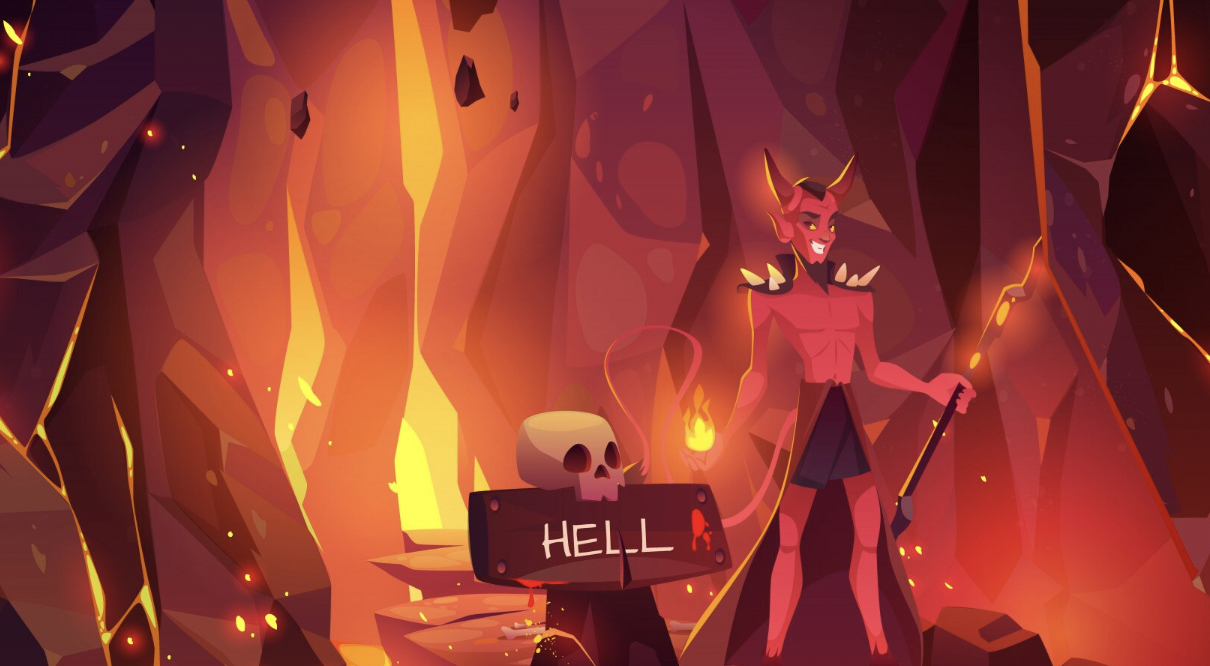The Valley of Achor, located northwest of Jericho on Judah’s northern border, holds significant biblical history. This is where the Israelites executed Achan and his household. The name Achor translates to “trouble,” “affliction,” or “taboo,” signifying severe trouble. The origin of this name is found in the story of Achan’s sin in the book of Joshua.
After a victorious battle at Jericho, Achan, from the tribe of Judah, disobeyed God’s command and kept some spoils from Jericho. God had ordered all the spoils to be consecrated to Him (Joshua 6:17–19).
Israel then faced a humiliating defeat against Ai, a weaker city compared to Jericho (Joshua 7:2–5). God revealed to Joshua that the defeat was due to Achan’s disobedience (Joshua 7:10–23). Achan, labeled the “troubler of Israel,” brought trouble to the entire nation: “Israel has sinned; they have violated my covenant, which I commanded them to keep. They have taken some of the devoted things; they have stolen, they have lied, they have put them with their own possessions” (Verse 11).
Israel was held guilty before God because of Achan’s sin. Though one person disobeyed, the whole nation was responsible. This reflects the unity of Israel as one people under God. Similarly, today’s Christians are one body in Jesus Christ. Our actions impact each other (1 Corinthians 12:12). Achan’s sin profoundly affected the entire community, just as our sins affect the body of Christ today.
Achan’s crime was the first act of disobedience recorded after Israel crossed the Jordan, and his death was the first divinely commanded punishment in the new land. God demonstrated that corruption in His family is destructive and intolerable. Sin had to be identified, judged, and purged, leading to the severe punishment in the Valley of Achor.
Achan and his family were stoned and burned in the Valley of Achor: “Then Joshua, together with all Israel, took Achan son of Zerah, the silver, the robe, the gold bar, his sons and daughters, his cattle, donkeys and sheep, his tent and all that he had, to the Valley of Achor. Joshua said, ‘Why have you brought this trouble on us? The LORD will bring trouble on you today.’ Then all Israel stoned him, and after they had stoned the rest, they burned them. Over Achan they heaped up a large pile of rocks, which remains to this day. Then the LORD turned from his fierce anger. Therefore that place has been called the Valley of Achor ever since” (Joshua 7:24–26).
After dealing with Achan’s sin, God’s anger subsided, and the people were restored to His favor. Later, the Valley of Achor, once a scene of trouble, became a “door of hope” for the restored nation: “There I will give her back her vineyards, and will make the Valley of Achor a door of hope. There she will respond as in the days of her youth, as in the day she came up out of Egypt” (Hosea 2:15).
When communion with the Lord is restored, there is hope for the future. The troubles of the past are reversed and replaced with blessings: “Sharon will become a pasture for flocks, and the Valley of Achor a resting place for herds, for my people who seek me” (Isaiah 65:10).






Leave a Reply